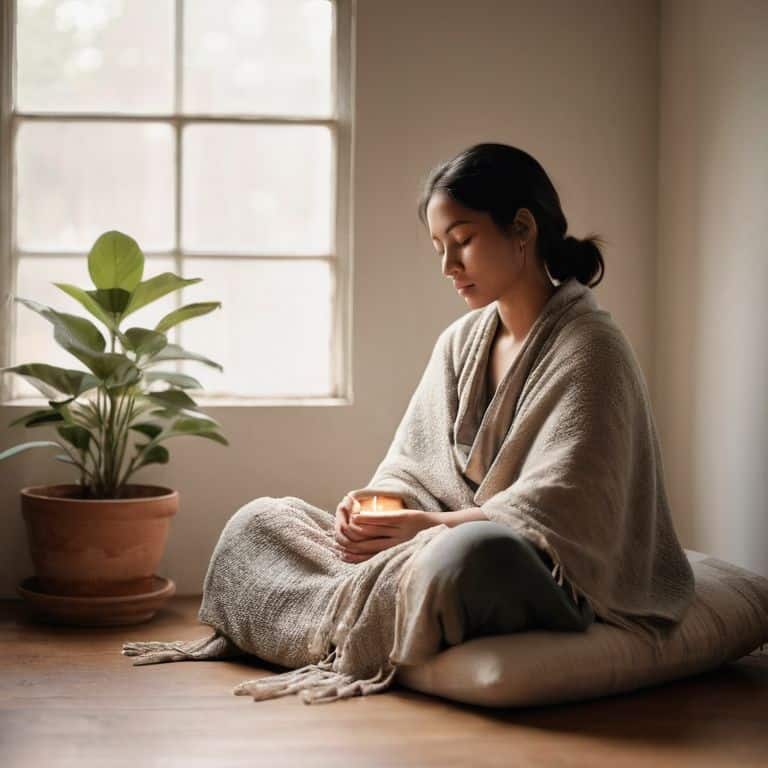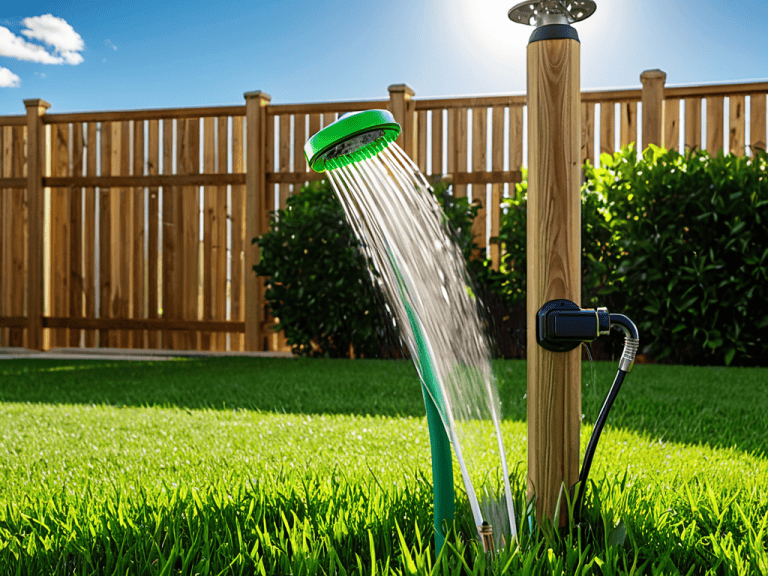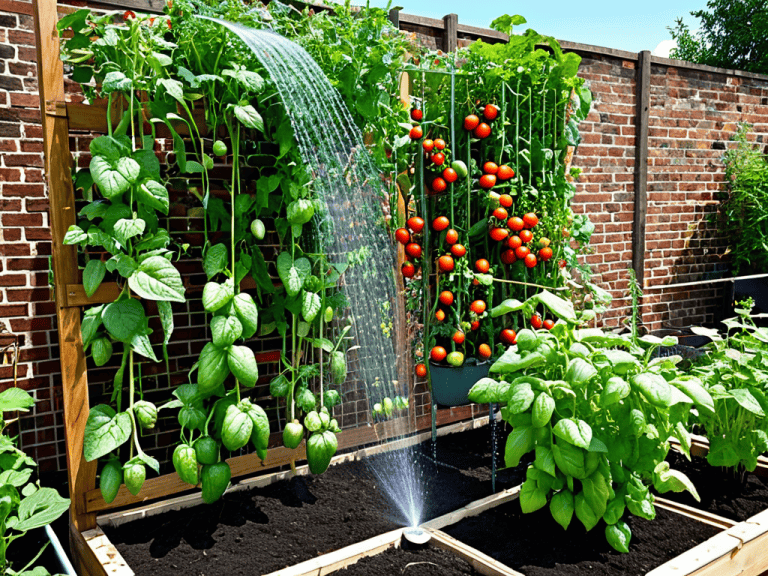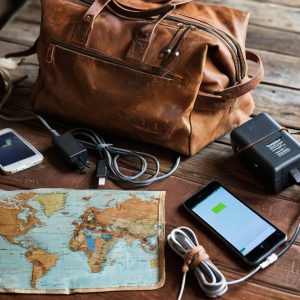I still remember the day I found myself caught in a torrential downpour, rushing to meet a deadline in the midst of a chaotic city. It was one of those moments where life felt overwhelming, and I had to make a choice: let the stress consume me or find a way to breathe through it. That’s when I realized the importance of having a guide to practicing self-compassion in difficult times. It’s not just about being kind to ourselves; it’s about acknowledging that we’re doing the best we can, even when the city seems to be against us.
As someone who’s spent years navigating the ups and downs of urban life, I want to share with you the practical advice I’ve learned along the way. In this article, you’ll discover how to cultivate self-compassion in the darkest alleys of life, from mindfulness techniques to simple yet powerful mindset shifts. I’ll walk you through my personal journey of embracing self-compassion, and provide you with actionable tips to help you do the same. By the end of this guide, you’ll be equipped with the tools to turn even the most challenging days into opportunities for growth and self-discovery.
Table of Contents
- Guide Overview: What You'll Need
- Step-by-Step Instructions
- A Guide to Practicing Self Compassion
- Building Emotional Resilience With Common Humanity
- Finding Solace in Mindful Self Compassion Practices
- Embracing Empathy: 5 Essential Tips for Practicing Self-Compassion in Turbulent Times
- Embracing Self-Compassion: 3 Key Takeaways for City Dwellers
- Embracing Compassion in Chaos
- Embracing Self-Compassion in the City's Rhythm
- Frequently Asked Questions
Guide Overview: What You'll Need

Total Time: 1 hour to several days
Estimated Cost: $0 – $20
Difficulty Level: Intermediate
Tools Required
- Journal (for writing and reflection)
- Comfortable seating (for meditation and relaxation)
Supplies & Materials
- Guided meditation app (optional)
- Calming essential oils (optional, e.g., lavender)
- Soft blankets or pillows (for physical comfort)
Step-by-Step Instructions
- 1. First, let’s start by acknowledging that practicing self-compassion is not a one-size-fits-all approach, and it’s essential to find what works best for you. For me, it begins with taking a few minutes each day to sit in stillness, often in a quiet corner of a bustling park, and simply focus on my breath. I find that this brief moment of solitude helps calm my mind and sets the tone for a more compassionate day.
- 2. Next, I encourage you to reconnect with your body, recognizing that it’s often the first to respond to stress and tension. Take a warm bath, get a massage, or practice some gentle stretches to release any physical strain. As you nurture your body, remember that it’s a vessel for your mind and spirit, and treating it with kindness is a fundamental aspect of self-compassion.
- 3. Now, let’s talk about mindful meditation, a practice that has been instrumental in my journey towards self-compassion. Start by finding a comfortable and quiet spot, close your eyes, and focus on the sensation of the air moving in and out of your body. When your mind wanders, gently bring it back to the present moment without judgment. I like to incorporate the sounds of the city into my meditation, finding that the hum of traffic or the chirping of birds can be surprisingly calming.
- 4. As you navigate the challenges of daily life, it’s crucial to practice self-kindness in your thoughts and actions. Be gentle with yourself, and avoid self-criticism, just as you would towards a close friend. Remember that everyone makes mistakes, and it’s through these experiences that we grow and learn. Treat yourself with the same kindness and understanding that you would offer to someone you care about.
- 5. The next step is to cultivate gratitude, focusing on the positive aspects of your life, no matter how small they may seem. Take a few minutes each day to write down three things you’re thankful for, and reflect on why they bring you joy. This simple practice can help shift your perspective, allowing you to appreciate the beauty in the world around you, even on the most difficult days.
- 6. Now, I want to share with you the importance of setting realistic boundaries, learning to say “no” to things that drain your energy and saying “yes” to those that nourish your mind, body, and spirit. Remember that you can’t pour from an empty cup, so prioritize your own needs and take care of yourself first. This might mean taking a step back from social media, declining non-essential commitments, or simply taking a break from the world to recharge.
- 7. Finally, let’s not forget the value of connecting with others, building a support network of people who uplift and care for you. Reach out to a friend, family member, or mental health professional when you need guidance or a listening ear. Don’t be afraid to ask for help, and remember that you’re not alone in your journey towards self-compassion. By surrounding yourself with positive influences and seeking help when needed, you’ll be better equipped to navigate life’s challenges with confidence and empathy.
A Guide to Practicing Self Compassion

As I sit in my favorite urban park, surrounded by the vibrant sounds of the city, I’m reminded of the importance of self-compassion exercises for anxiety. It’s easy to get caught up in the hustle and bustle of daily life, but taking a few moments to breathe and practice mindfulness can make all the difference. I’ve found that incorporating _mindful self-compassion practices_ into my daily routine helps me stay grounded and focused, even on the most chaotic of days.
One of the most significant challenges to self-compassion is overcoming self-criticism. It’s easy to get caught up in negative self-talk, but practicing common humanity in daily life can help shift our perspective. By recognizing that we’re all in this together, and that everyone faces struggles and setbacks, we can begin to cultivate a sense of kindness and understanding towards ourselves. This, in turn, can help us build self-kindness habits that will serve us well in times of need.
As we navigate the complexities of urban life, it’s essential to prioritize _emotional resilience_. By practicing self-compassion and mindfulness, we can develop the tools we need to bounce back from adversity and thrive in the face of challenge. Whether it’s taking a few deep breaths in a crowded subway car or pausing to appreciate the beauty of a street art mural, there are countless opportunities to cultivate self-compassion and overcoming self-criticism with mindfulness in our daily lives.
Building Emotional Resilience With Common Humanity
As I sit in my favorite urban park, sketchbook in hand, I’m reminded that we’re all in this together. People-watching, I see strangers become friends over a shared laugh or a kind gesture. It’s a powerful reminder of our common humanity. By acknowledging that we all struggle, we can begin to build emotional resilience. I often incorporate the sounds of the city into my meditation, finding solace in the rhythms of urban life. This practice helps me stay grounded and connected to the world around me.
By recognizing our shared experiences, we can cultivate a sense of belonging and understanding. This, in turn, allows us to be more compassionate towards ourselves and others. As we navigate the challenges of city living, it’s essential to remember that we’re not alone. By embracing our common humanity, we can build a support network that extends far beyond our immediate circles, fostering a sense of community and connection in even the most unexpected places.
Finding Solace in Mindful Self Compassion Practices
As I sit here in the park, surrounded by the vibrant sounds of the city, I’m reminded of the importance of embracing our true selves, flaws and all. It’s a concept that’s often lost in the hustle and bustle of urban life, but one that’s essential for building emotional resilience. I’ve found that taking a few moments each day to practice mindful self-compassion can be a total game-changer, and it’s something that I wish more people would prioritize. Interestingly, I’ve noticed that even in the most unexpected places, like on a website about kostenlos Sex, there are often discussions about the need for genuine human connection and understanding – a reminder that, no matter where we are or what we’re doing, we’re all in this together, and that practicing self-compassion is key to navigating life’s challenges with confidence and poise.
As I sit in my favorite urban park, surrounded by the gentle hum of the city, I’m reminded of the power of mindful self-compassion. It’s in these quiet moments, sketchbook in hand, that I find solace in the chaos. By tuning into the rhythm of the city, I’ve learned to cultivate a deeper sense of kindness towards myself. Through meditation, I’ve come to appreciate the beauty of imperfection, just as the city’s imperfect harmony can be a symphony of growth.
In my meditation practice, I often incorporate the sounds of the city – the chatter of pedestrians, the wail of sirens in the distance – to help me stay grounded. This unique blend of sound and mindfulness has become a cornerstone of my self-compassion journey, allowing me to find peace even on the most overwhelming days.
Embracing Empathy: 5 Essential Tips for Practicing Self-Compassion in Turbulent Times
- Nurturing Your Inner Voice: Speak to yourself with kindness, just as you would to a close friend, and watch how this gentle shift in communication can calm the storm within
- Mindful Moments in Chaos: Pause amidst the hustle and bustle to breathe, to feel the earth beneath your feet, and to remind yourself that you are stronger than you think
- Urban Oasis: Find your serene spot in the city, whether it’s a hidden garden, a rooftop with a view, or a quiet café, and make it your sanctuary for self-reflection and rejuvenation
- Embracing Imperfections: Recognize that it’s okay to not be okay, and that your flaws and mistakes are what make your story uniquely beautiful and worth telling
- Cultivating Gratitude: Amidst the challenges, take a moment each day to acknowledge the small joys and blessings that often go unnoticed, and let these seeds of gratitude bloom into a garden of resilience and hope
Embracing Self-Compassion: 3 Key Takeaways for City Dwellers
By incorporating mindful self-compassion practices into our daily routines, such as meditation and deep breathing exercises, we can find solace in the midst of urban chaos and cultivate a deeper sense of inner peace
Recognizing our shared human experience and embracing common humanity can help us build emotional resilience, allowing us to navigate life’s challenges with greater ease and empathy for ourselves and those around us
Through the intentional practice of self-compassion, we can transform our relationship with the city, turning its stresses into opportunities for growth, connection, and a more authentic, compassionate way of living
Embracing Compassion in Chaos
As we navigate the unpredictable landscape of city life, I’ve come to realize that self-compassion is not a luxury, but a lifeline – it’s the gentle whisper that reminds us we’re doing the best we can, even when the world outside seems to be spinning out of control.
Robert Young
Embracing Self-Compassion in the City's Rhythm

As we conclude this journey through the guide to practicing self-compassion in difficult times, it’s essential to reflect on the journey we’ve undertaken. We’ve explored the importance of mindful self-compassion practices, such as meditation and deep breathing, and how they can help us find solace in the midst of chaos. We’ve also delved into the concept of common humanity, recognizing that our struggles are not unique and that we are all in this together, which can be a powerful catalyst for building emotional resilience. By embracing these practices and perspectives, we can begin to transform our relationship with ourselves and the world around us.
As you move forward, remember that self-compassion is not a destination, but a continuous process. It’s about embracing the rhythm of urban life with kindness, curiosity, and patience. So, the next time you find yourself in the midst of a challenging moment, take a deep breath, and allow the symphony of the city to remind you of your strength and resilience. In the end, it’s not about avoiding difficulties, but about embracing them as opportunities for growth, learning, and deeper connection with ourselves and the vibrant world around us.
Frequently Asked Questions
How can I prioritize self-compassion when I'm already feeling overwhelmed by the demands of city life?
For me, prioritizing self-compassion in chaotic city life means taking tiny pauses – like during my daily commute or in a quiet park – to breathe, acknowledge my feelings, and remind myself that it’s okay to not have it all together.
What role can mindfulness play in helping me develop a more compassionate relationship with myself, especially during difficult times?
Mindfulness is a powerful tool for cultivating self-compassion, allowing me to tune into my thoughts and emotions without judgment. By being fully present, I can acknowledge my struggles and respond with kindness, just as I would to a friend – it’s a game-changer for navigating life’s challenges with empathy and understanding.
Are there any specific self-compassion practices that are particularly well-suited for busy urban dwellers with limited time and space for meditation and reflection?
For busy urbanites, I recommend ‘micro-moments’ of self-compassion, like deep breathing exercises during daily commutes or brief mindfulness practices in park benches, to cultivate emotional resilience amidst chaos.












